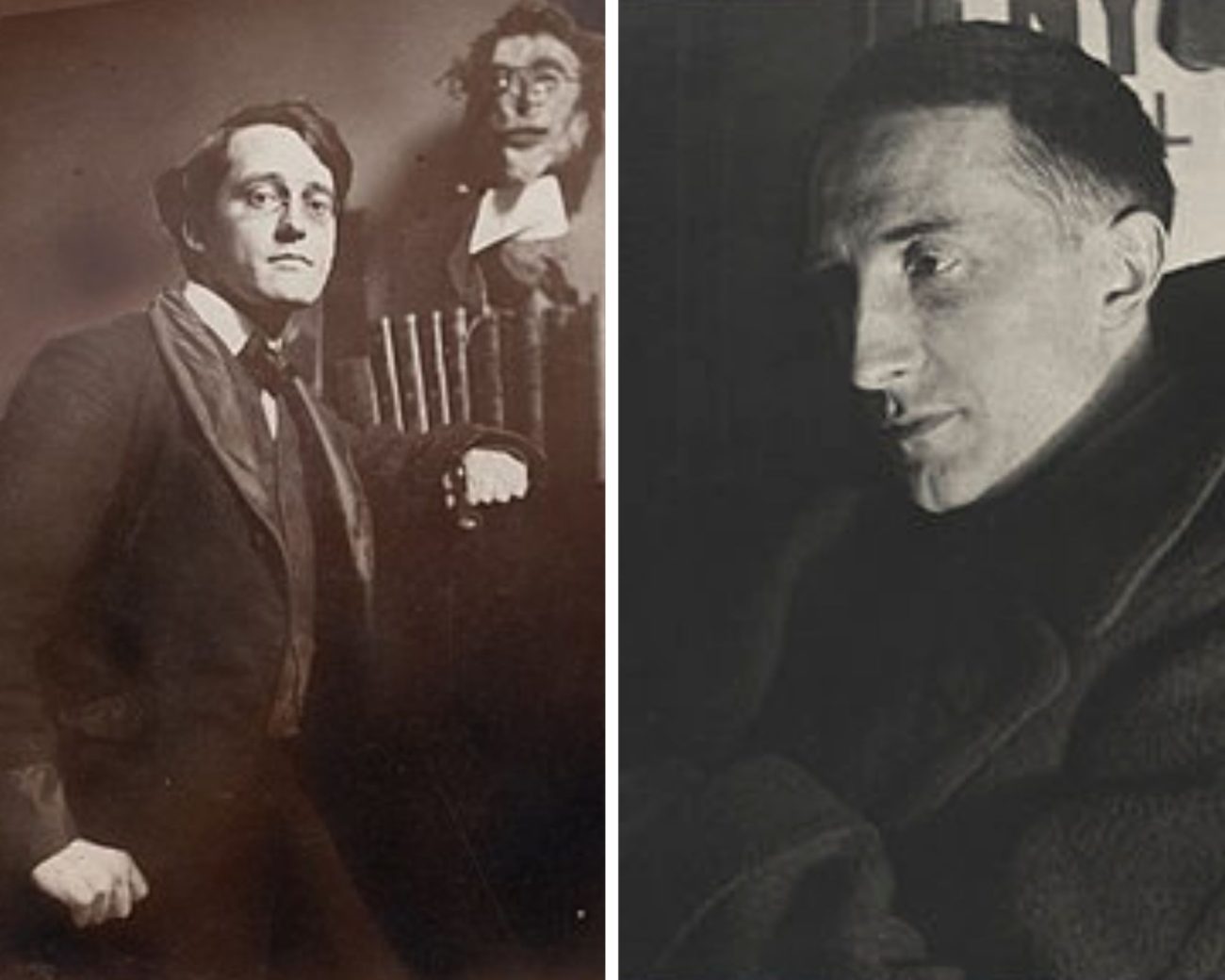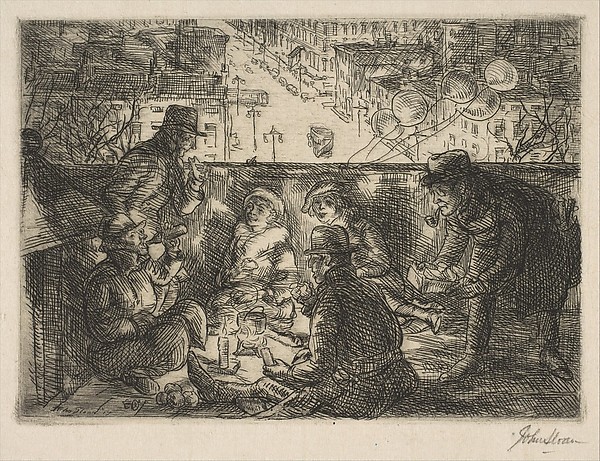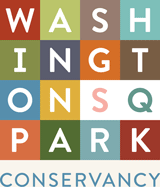The Arch Conspirators
On January 23, 1917, a group of Village Bohemians stole to the top of the Washington Square Arch for a fête. Poet Gertrude Drick, painters John Sloan and Marcel Duchamp, and Provincetown Playhouse actors Russell Mann, Betty Turner, and Charles Ellis found a way into the Arch and stole up the spiral staircase. These six self-proclaimed “Arch Conspirators” then spread out blankets, hung Chinese lanterns, tied red balloons to the Arch’s parapet, sipped tea, shot off cap pistols, and conversed until dawn before declaring a “Free and Independent Greenwich Village.”

107 years later and we still recall the evening of debauchery thanks to painter and participant John Sloan, who immortalized the night in his etching, “Arch Conspirators.” While we don’t often look fondly on those who break park rules, the distance of over 100 years from the event helps us to take a more generous perspective. The actions of the Arch Conspirators highlight the role that Washington Square Park played for the writers, actors, artists, and intellectuals who made up the “Bohemian” Village. When they needed a platform, or a place to be heard, Washington Square was the first stop. The Conspirators weren’t just there to have a good time. They were gathered together in protest against increasingly militant US foreign policy on the eve of the country entering WWI.

Their pacifist message is reflective of the unique values held by the neighborhood’s Bohemian community at that time. In the years before the First World War, the Washington Square neighborhood was shedding its old skin to emerge as the center of a young bohemian community. Artists, writers and radicals from all over the country were making their way to Greenwich Village and the Square to pursue their art and lend their support to the causes of labor, pacifism, and women’s rights. Immigrants, families with wealth, and this new artistic and intellectual class all met in the neighborhood, and Washington Square Park, with its open space, drew them all together. 107 years later and the park still does its part to bring people together, but these days we ask you to please keep your picnics (and protests) on the ground.
